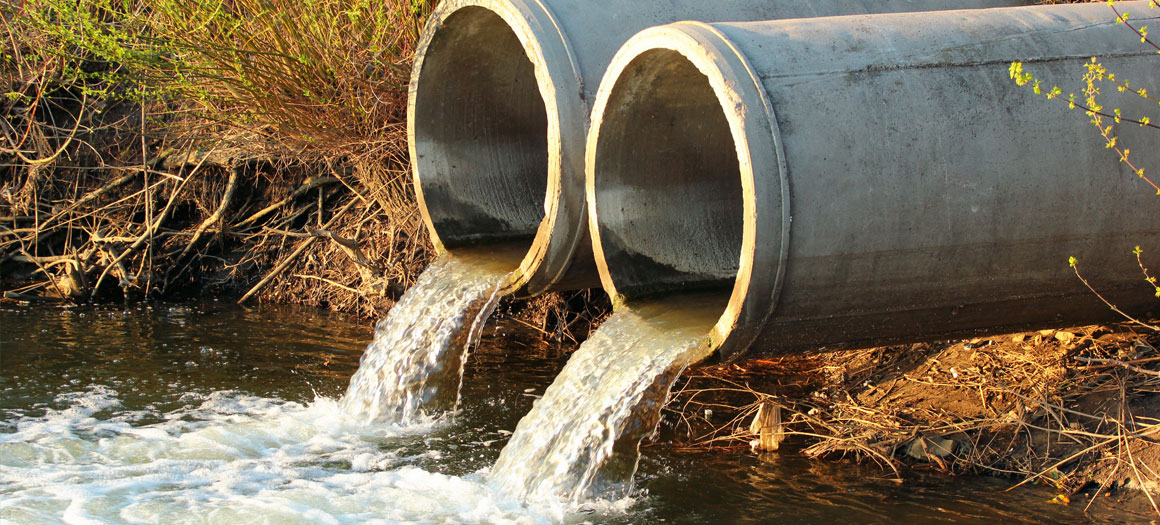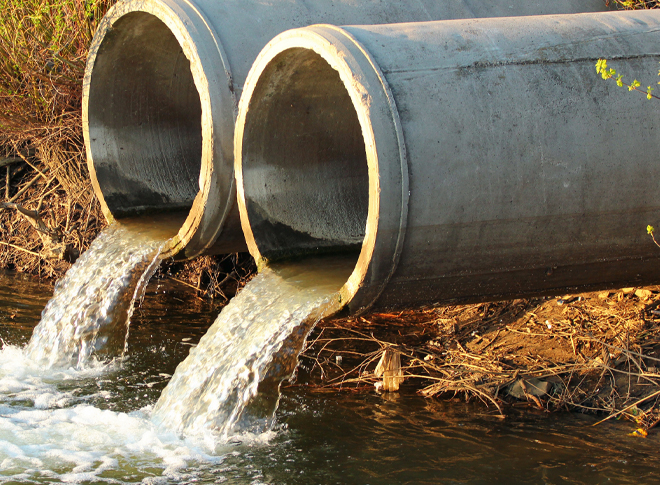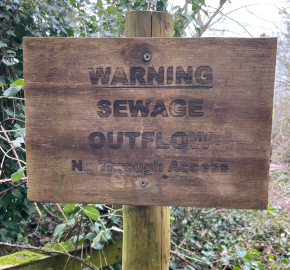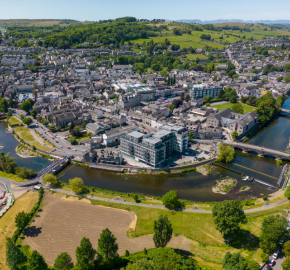Water companies are trying to avoid responsibility for illegal dumping of sewage

Ofwat and the Environment Agency finally responded last October to public outrage at our rivers being used as sewers. They announced a criminal investigation of over 2000 sewage treatment works where the water industry had “owned up” to illegal sewage discharges. Today the Environment Agency released new data that found water companies dumped sewage into our rivers and coast a staggering 372,533 times last year.
We ask: will regulators really hold the industry to account or will the water companies continue to evade the law?

Failure to comply with legal responsibilities
The issue for the water companies is how to deal with their widespread and systematic failures to comply with the letter of the law without being held to account – and being required to make good decades of underinvestment in the sewage network.
The specific challenge they face is how to distance themselves from their 30-year failure to comply with their duties under section 94(1)(b) of the Water Industry Act 1991 – to ‘effectually deal’ with sewage – to treat it to make it innocuous and harmless.
The evidence is overwhelming: English rivers are heavily polluted with sewage because of the failure of sewage works to treat sufficient volumes, and of the companies to ensure those works have sufficient capacity, to stop raw or under-treated sewage being discharged regularly into rivers, even when there is no rainfall.
The blame game
One company has tried to blame the public.
The CEO of Severn-Trent Water, Liv Garfield said recently that the problem was the customers cared more about their bills than the environment – that cleaning up rivers was not on her customers’ priority list. Has she learned nothing?
And now it appears, the companies are seeking to blame the existing law and regulations for their failures.
In early March, an email popped into our solicitor’s inbox announcing that Anglian Water had commissioned a consultant company called Skylight to “consider how the approach to economic regulation in the water industry can ensure a focus on the long term” and inviting him to a breakfast briefing, we were shocked. Previously, water companies wouldn’t even have offered us a stale piece of toast.
The Skylight report calls for reform of price control regulation by OFWAT.
“Companies should have as much freedom as possible to develop business plans that meet the long-term interests of customers and the environment,” said Skylight.
We were being invited to agree.
A second email dropped into the email inbox of our solicitor, this time from Yorkshire Water’s Director of Corporate Affairs, who announced that it was falling to Yorkshire Water to organise this year’s Institute of Water conference, and he was inviting WildFish (formerly known as Salmon & Trout Conservation) to speak, noting that “we’d like to use this event to start an active discussion about how environmental regulation could be reformed”.
I am afraid that our solicitor’s response was blunt:
“S&TC does not consider that reform of regulation is necessary. Of course, a more robust application of the existing regulation by the Environment Agency and by OFWAT would not go amiss, but what is really required is water company compliance with the duty in section 94(1)(b) that has been in place since privatisation. That has been in the hands of the water companies themselves for 30 years, so I rather choke on the idea that “we are now at an inflection point”. I am certainly not a fan of reform for reform’s sake. The very process of reform could potentially be a distraction, but I can totally appreciate why that might be attractive to some water companies at this precise moment.”

The message we are getting is this…
With the water companies feeling under extreme pressure as a result of the magnificent work of Professor Peter Hammond and Windrush Against Sewage Pollution, Philip Dunne MP’s Sewage (Inland Waters) Bill, our referrals to the Office for Environmental Protection and the storm of sewage-related protest in recent months, it appears they are seeking to trigger reform of both the economic regulation of the industry by OFWAT and the environmental regulation of the industry by the Environment Agency. It seems to be a case of ‘if you can’t comply with the law, or just don’t like it, then lobby to change it’.
Of course, it is much easier for the companies to seek to focus everyone on the long-term rather than deal with the backlog of insufficient investment and poor operational management of sewage works that is causing pollution today.
The water companies must not be allowed to get away with this, frankly obvious trick they seek to play on us all. In plain English, the sewage companies need to be forced to treat sewage and not dump it in rivers because they lack the capacity or the inclination to deal with it.
If the Government and its regulators had robustly enforced the law, the water companies would have been compelled to make the necessary infrastructure investments they have hitherto failed to do. Defra, no less, has now admitted that water infrastructure has failed to keep pace with population growth.
The water companies have dined out on huge salaries and paid over-generous dividends – they cannot be allowed to change the rules, just as the regulators and government show tentative signs of finally bringing them to heel.
Further information




When the regulator is asked why they don’t take effective enforcement against flagrant and illegal breaches what is the answer?
The regulators have hidden behind the convenient fact that they have not had evidence because the water companies were carrying out their own monitoring.
Campaigners have exposed the Government and regulatory failure and the agencies are now carrying out the enforcement work they should have been doing for the last 30 years.